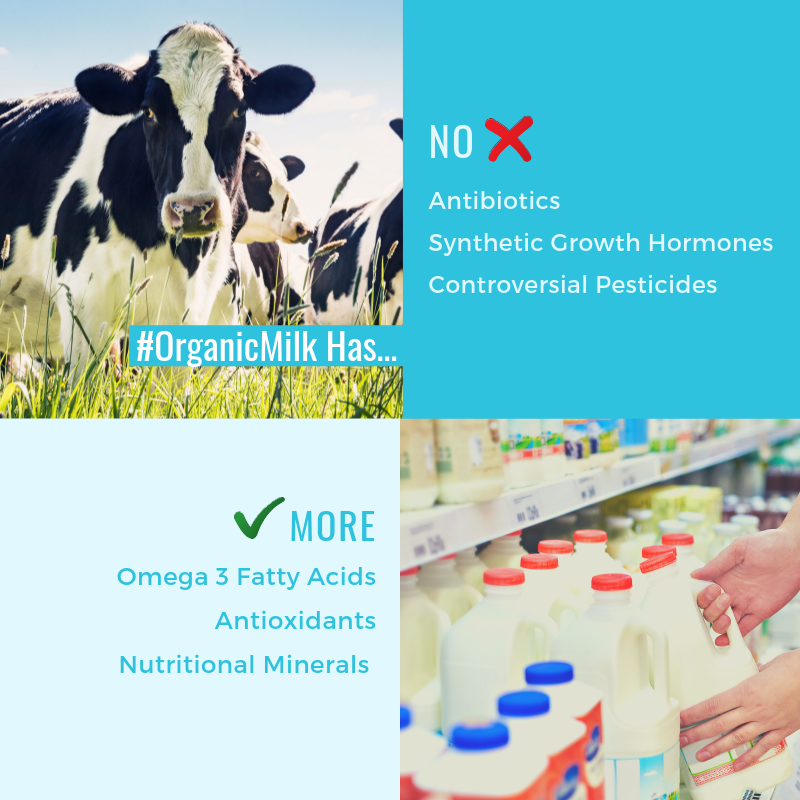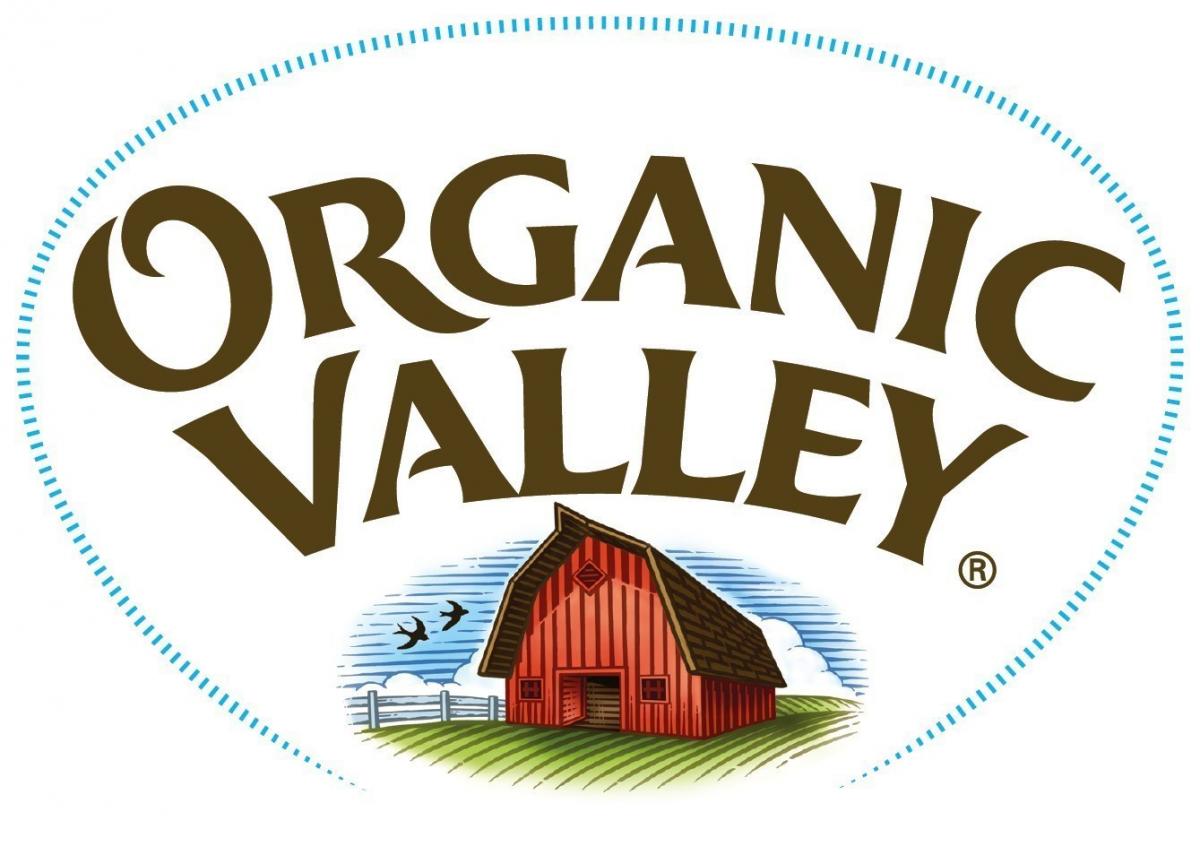Green
Background:
#53800c
Color 1:
#7ab618
Color 2:
#6da119
Link:
#ffffff
Link Hover:
#ffffff
Link Active:
#dddddd
Background Hover:
#95bf53
Background Active:
#6da119
Separator/Divisor:
#95bf53
Color 1:
#ffffff
Color 2:
#c3e3aa
Link:
#6da119
Link Hover:
#111111
Link Active:
#3d9970
Footer Bar:
#53800c
Footer Region 1:
#75ab1e
Footer Region 2:
#6da119
Footer Region 3:
#75ab1e
Footer Region 4:
#6da119
Footer Text Color:
#ffffff
Site Logo Bar:
#7ab618

 Organic and Nutrition
Organic and Nutrition 
